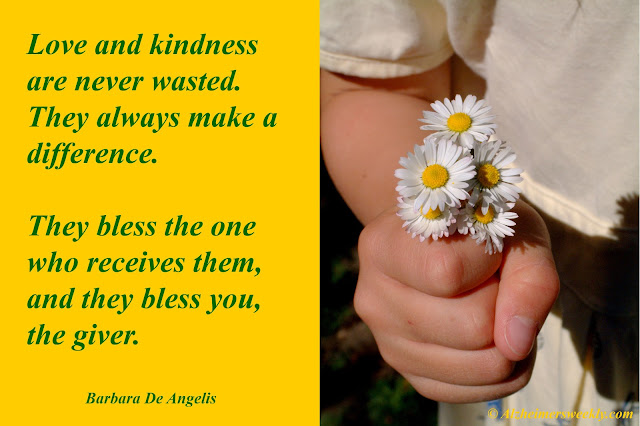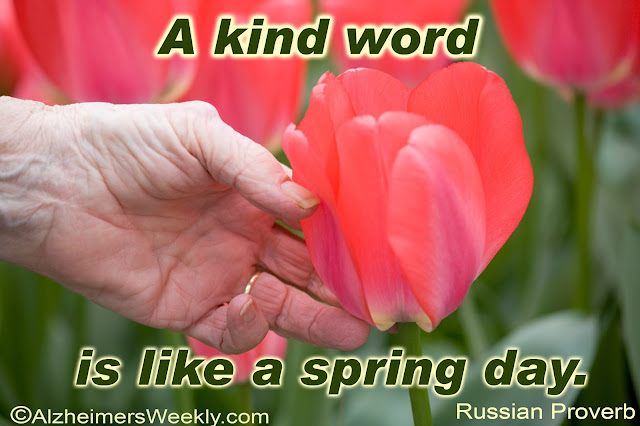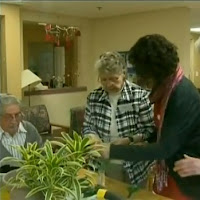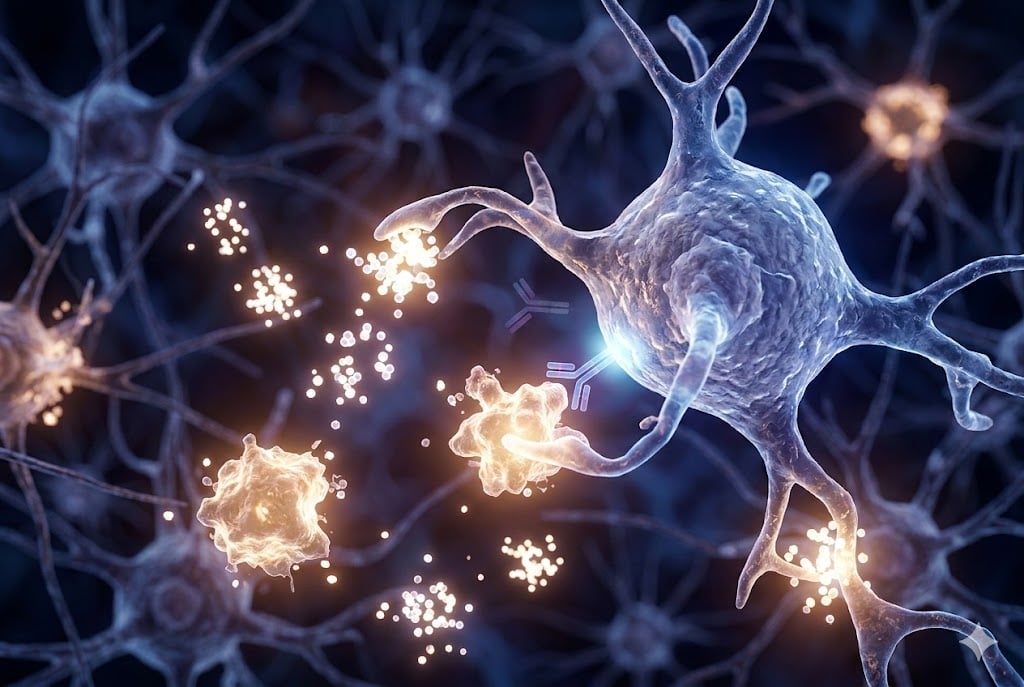
Thought of the Week: Be Swift to Love
Life is short and we have never too much time for gladdening The hearts of those who are traveling the dark journey with us. Oh!

Life is short and we have never too much time for gladdening The hearts of those who are traveling the dark journey with us. Oh!

Love & kindness are never wasted. They always make a difference. They bless the one who receives them, and they bless you, the giver.

Do not judge. You don’t know what storm I’ve asked her to walk through. – God

A kind word is like a spring day.

Kindness is the language which the deaf can hear and the blind can see. (Mark Twain)

Michael J. Fox: “One’s dignity may be assaulted, vandalized and cruelly mocked, but it can never be taken away unless surrendered.”

“All that I am, or hope to be, I owe to my angel mother.” (Abraham Lincoln)

She is brave and strong and broken all at once.

There are two ways of spreading light. To be the candle, or the mirror that reflects it. (Click to get this on T-shirts, cards, magnets,

There is much in the world to make us afraid. There is much more in our faith to make us unafraid. (Fredrick W. Cropp)

Researchers found in a study that people who developed dementia were more likely to have their credit rating drop at least two and a half years before the diagnosis. Some had problems managing their money up to six years before. Find out more.

A personal diary of a daughter with a medical background that chronicles her journey while caring for her father with Alzheimer’s, and gives the reader the gift of both perspectives, that of a loving daughter and the trained professional.

Scientists say restoring a brain protein, not removing amyloid plaques, should be the target of Alzheimer’s dementia therapies. The researchers said treatment might lie in normalizing the levels of a specific brain protein.

When a hurricane hits Florida — or anywhere that has a very large population of people with dementia, there are special preparations that should be made by those living with dementia. Check these dementia-in-a-storm readiness lists.

In gardening, people with Alzheimer’s grow fresh plants along with better thinking. It’s a pleasant way to make things easier.

The co-founder of a caregivers’ organization introduces technology he has found helpful in caring for his grandmother with dementia.

People with dementia are enjoying yoga and dance classes at the Alzheimer’s Association. See why caregivers find the classes “EXTREMELY helpful.”
No spam, only news and updates.


